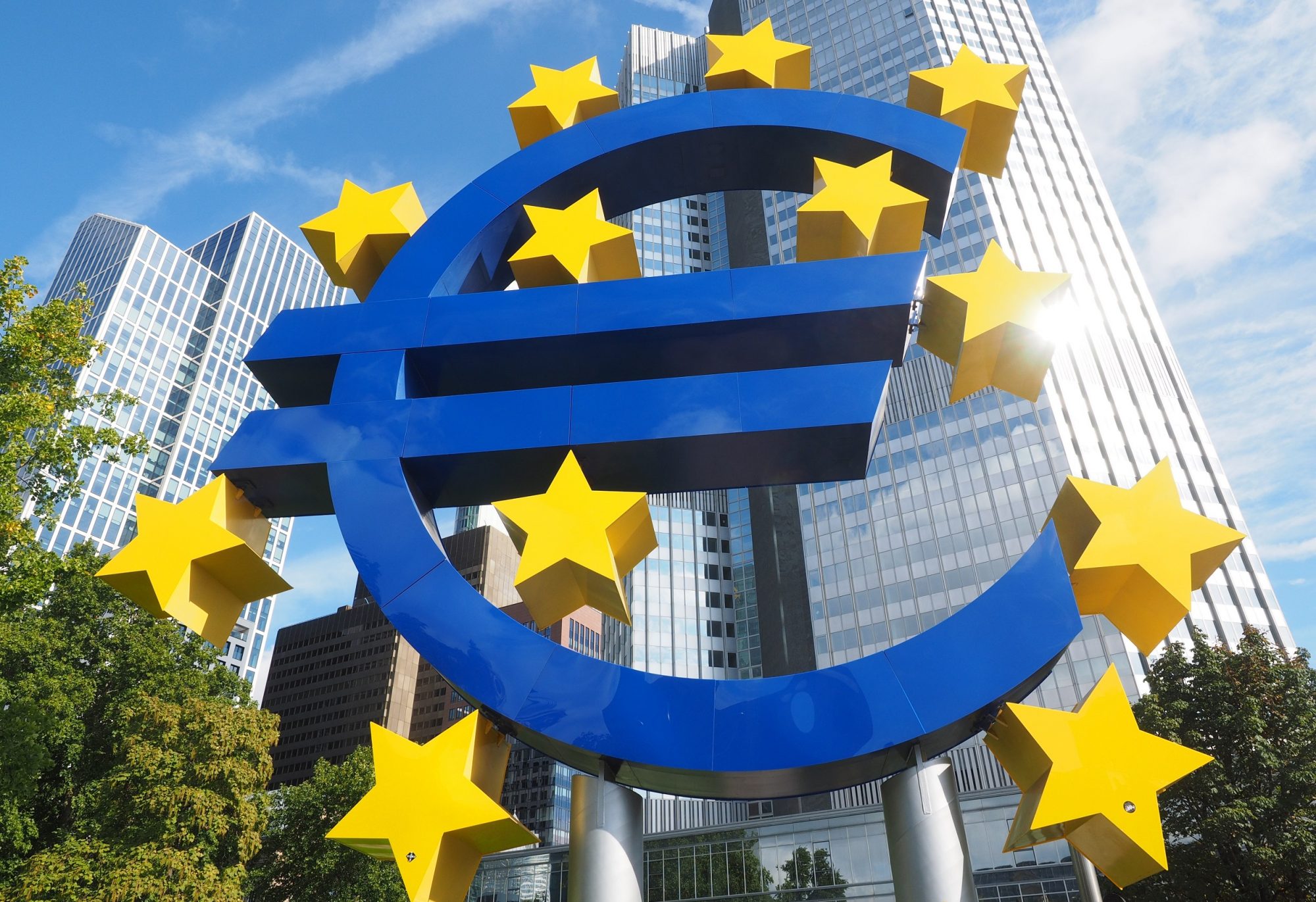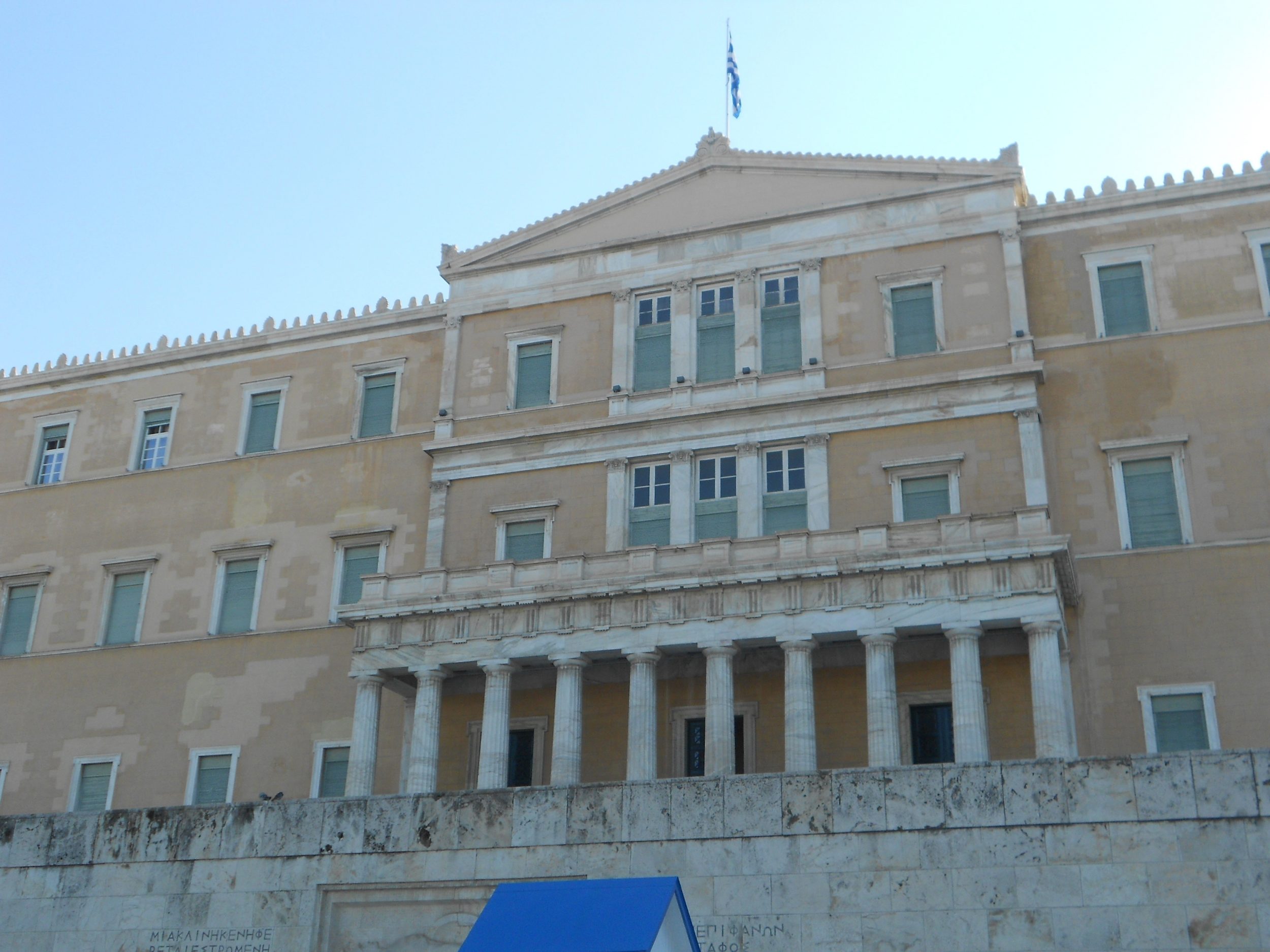On Sunday Greece goes to the polls for a second time this year, in an election that is likely to determine whether or not the country stays in the Euro. Kevin Featherstone writes that no matter which party wins the election, the outcome will be even more uncertainty for Greece and for Europe.
Greece and the euro-zone face a crossroads this Sunday. The outcome may well define whether Greece can stay in the euro, perhaps even the viability of the current euro-zone. But the immediate outcome is likely to be much uncertainty, with both media and markets closely looking for signals of whether Greece will stay or go.
There are two most likely outcomes of the Greek election, both of them protracted and confusing. One is that Alexis Tsipras’ SYRIZA party will come first and that he’ll be offered the mandate to form a government coalition. His options to form a stable government will be severely limited. He will have to persuade the Democratic Left party to join him. They will insist on keeping Greece in the euro and renegotiating the bailout terms on this condition. But many in SYRIZA seek liberation from the bailout conditions and will be loath to settle for a modest renegotiation. In addition, Tsipras will likely need the support of other parties such as the Independent Greeks, a maverick right-wing nationalist party. A liaison with them will be difficult to square.
While SYRIZA’s supporters will be celebrating their victory, the international financial markets will take fright and bet against the euro. Greece’s partners – already fraught from last week’s deal to save Spain’s banks and nervous as to what might happen in Italy – will be caught between giving up on their troublesome ally and saving the euro-zone from collapse. On past performance, there will not be strong decisive leadership from Europe and this will contribute to the international instability.
Tsipras, in the PM’s mansion of Maximou, will be caught between the domestic and international pressures. It is far from likely that he will be able to control events and steer policy towards his chosen target, whatever that might be. If he opts for compromise – a modest adjustment of Greece’s bailout – he will alienate many of his supporters and turn them away from parliamentary politics. If he sticks to abandoning the conditions, there is little scope for euro-leaders to back down – their own publics will not wear it. So, if it’s an impasse and the Troika in charge of Greece’s bailout loans declare that the money tap is being turned off, Tsipras will have little alternative but to nationalise Greece’s banks and introduce a new junk currency – a Greek euro – that no-one will want. Banks and ATMs may have to close for a couple of days. Savers and tourists will panic. What they get from the banks in exchange for their euros may be a currency worth 50% less, perhaps 75% less. The economy would be in paralysis and socially there’d be chaos on the streets. Hospitals already starved of cash to buy drugs would have to wait painfully longer.
The second possible outcome on Sunday is of New Democracy coming first and being asked to form a coalition. Its leader, Antonis Samaras, will likely be able to agree a deal with the shrinking centre-left PASOK, led by former Finance Minister Evangelos Venizelos. But he may need to reach out further to smaller parties, possible also to the Democratic Left. There is much more prospect, though, of these parties being able to agree a common platform. The problem for them will be that SYRIZA, likely to have come a close second, will still be in the ascendant, mopping up all current and future protests against the tough austerity conditions of Greece’s bailout. It will be a fearsome opposition at home.
In this scenario, euro-zone leaders will face a government in Athens that will look perilously close to the ‘walking-dead’ – the old guard that they themselves had humiliated and undermined over the last year or more. It will be imperative for the EU in this scenario to signal immediately that it will do all it can to bolster the new government, including offering a renegotiation of Greece’s bailout. They can extend the loan period and ease the targets in the short-to-medium term without much burden to themselves. Only then can they keep the euro-zone together, reassure the markets, and avoid the contagion of crisis to other euro-zone states. If they insist on a return to the previous position of austerity with no alleviation, the Samaras Government will likely fail and fall and they’ll have a major crisis on their hands.
Foreign observers rarely bother to watch the fine details of how many seats each party will get after the election. This Sunday night will be different. The party that comes first will be a crucial signal for the future not only of Greece, but also of the euro. Once again, Europe will hang on minor percentage differences between parties fighting in small state election. But don’t hold your breath – the uncertainty is likely to last, whatever guise it takes.
Note: This article gives the views of the author, not the position of Greece@LSE, the Hellenic Observatory or the London School of Economics.







Very disappointing article from someone who is supposed to be a foreign “expert” on Greece and hence influences opinion in the foreign media, markets, some less intelligent foreign policy-makers, etc.
The majority of the people who will be voting Syriza on Sunday are not natural Syriza supporters. They are the kinds of people who used to vote for Pasok and sometimes ND because they thought those parties would give them public sector jobs and benefits. Or, they are naive people who have fallen for Tsipras’s warm words that he can magically do everything. Or people who cannot bring themselves to vote for the two discredited parties of ND and Pasok. They are NOT people who want Greece to leave the eurozone. Any sign that a Syriza-led government will do such a thing means that government will collapse almost immediately.
If ND win then we will just have more of the same that we have had the past two years. So what? Syriza can complain all they like but over the past few weeks they have had to moderate and tone done their rhetoric massively. There will be even more European spotlight on them and so they will be forced to do this even more.
Perhaps we won’t have much of a conclusive result or an unstable government that soon collapses, then we can have a technocratic government under Papademos – the best solution, in my opinion.
Please stop with the hysteria and the armageddon predictions, however. This is exactly what we do not need and is extremely unhelpful.
“tough austerity conditions of Greece’s bailout”. Dear Professor Featherstone, why don’t you ever talk about the structural reforms that are outlined in the bailout conditions, and which constitute the greater part of the memorandum. Greece desperately needs such reforms. Perhaps it would be more beneficial for you to write an article discussing why inert Greek society refuses to make such reforms – if you have ever contemplated this issue.
“liberation from the bailout conditions” – it’s just this stupid kind of thinking that has got us into the mess that we are.
There are several points here. The fact that SYRIZA is drawing support from the other parties is obvious and does not contradict anything in my argument. I agree – as I suggested – that a SYRIZA-led government attempting to take Greece out of the euro would collapse – hence my theme of uncertainty – but there is also the instability that would preceed that (and the EU signals). You also say perhaps an ND-led government might not last very long: well, yes, that was one of my points also. I can’t withdraw the sense that Sunday is a key turning-point: you should not underestimate this, I feel – look at the signals from Greece’s partners and their sense on this issue as well. And the austerity conditions are very tough – independent of the structural reforms, which I agree are largely necessary, but can only have an impact on growth in the long-term – distracting attention away from reform models and choices. I see that you hide behind an optomist’s label, but you can’t both imply that Greece has a poor record satisfying the bailout conditions AND that there is no risk to Greece staying in the euro-zone. By biggest fear is of events running out of the control of either the EU or Athens.